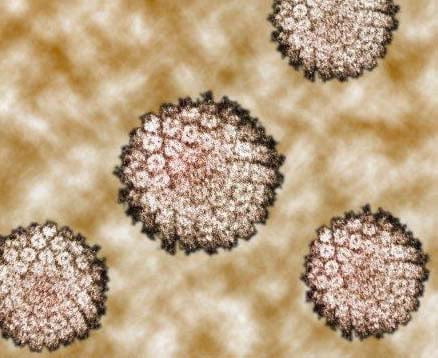Israeli researchers have discovered a protein that seems to prevent the growth of pancreatic cancer. The protein could potentially be effective against other aggressive cancers as well.
Researchers from the Cancer Research Center at Sheba Medical Center in Tel Hashomer studied the behavior of the protein klotho, a natural hormone emitted by the brain and kidneys that is known to delay the aging process. (The protein is named after the Greek mythological fate that spun thread to keep a person alive. )
A study done by Sheba in 2008 found that when injected into laboratory cultures of breast cancer cells, klotho prevented them from multiplying.
Later, researchers discovered that mutations of this protein greatly increase the risk of women developing breast cancer: Women carrying the BRCA1 or BRCA2 mutation have a 50 to 85 percent chance of developing breast cancer, while the rate in the general population is only 11 percent.
The current study for the first time examined whether klotho could be used to treat cancer in mice.
The mice used had pancreatic cancer, which is considered a particularly aggressive cancer that spreads rapidly: The average life expectancy of someone with advanced pancreatic cancer is only six months, and there are no effective treatments.
The researchers first noticed that healthy pancreatic cells contained klotho, whereas cancerous cells did not.
That means that testing pancreatic cells for klotho could provide an early indication of the presence of the cancer.
They then injected the cancerous mice with klotho, and discovered that it not only prevented the cancer from spreading, but actually caused it to shrink.
…
To continue reading this article, click here.
Via www.haaretz.co.il
Photo by fotosinteresantes
Related posts

Israeli Medical Technologies That Could Change The World

Harnessing Our Own Bodies For Side Effect-Free Weight Loss

Missing Protein Could Unlock Treatment For Aggressive Lung Cancer




Facebook comments